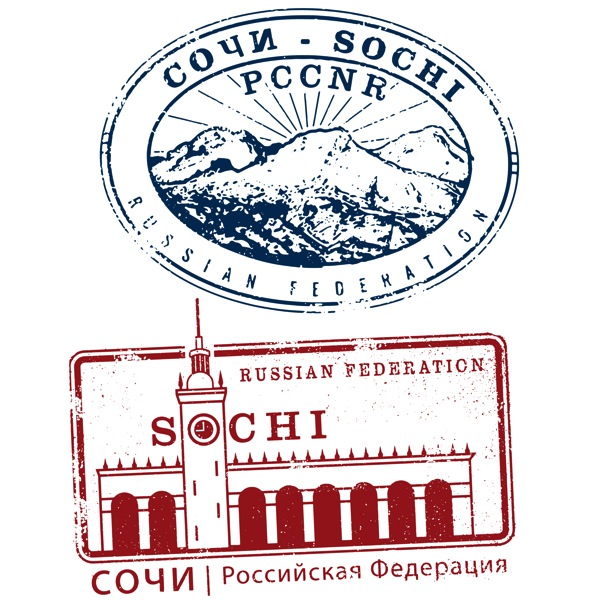The right to be forgotten is a topic discussed more in Europe than in the US. The core question is whether you have a right to control information about yourself that is held and published on the Internet by third parties.
This includes social media, news sites, discussion forums, search engine results, and web archives.
The information in question may be true or false, and anything from embarrassing to libelous.
Often discussions about removing old information center on calls for Google to remove information from their search results. I think they are chosen because they are the dominant search engine, and people feel that if the information is not shown in Google, then it is effectively gone. Of course, search engines are really just pointing to the actual data, while generally lives on some other website.
Being removed from Google does nothing to the existence of the information, nor would it impact indexing of that information by other search engines.
Even if you get the hosting website to remove the information, there are many organizations like archive.org who may have copied and archived the information, thus keeping it alive and available.
Here are some examples of information that you might want removed.
- Racist rantings on an old social media site to which access has been lost.
- Drunk party pictures on a friend’s social media account.
- Newspaper articles about dubious business activities.
- Court records of a conviction after the sentence has been completed.
- Negative reviews on a review website.
- Unflattering feedback on a dating website.
In many of these cases, your “right to be forgotten” runs directly into another person’s “right to free speech”.
My thinking on this is still evolving, and I would welcome your thoughts and feedback. Right now I think that the free speech right trumps the right to be forgotten except in specific situations which need to be legally carved out individually; things like limitations on how long credit information should be allowed to follow you. Of course, the problem will be that every country will draw these lines differently, making enforcement and compliance very difficult, and leading to opportunities for regulatory arbitrage.
We are already seeing this in the EU. While most of the EU is moving towards codifying a right to be forgotten, the UK is planning to opt out of that.




 Attorney General's new war on encrypted web services - Security - Technology - News - iTnews.com.au
Australia’s Attorney-General’s department is proposing that all providers of Internet services ensure that they can decrypt user communications when so ordered. Any services where the provider has the keys will obviously be able to do this.
Attorney General's new war on encrypted web services - Security - Technology - News - iTnews.com.au
Australia’s Attorney-General’s department is proposing that all providers of Internet services ensure that they can decrypt user communications when so ordered. Any services where the provider has the keys will obviously be able to do this.
 Turkey passed legislation to allow the government to censor access to websites within four hours of receiving an allegation of privacy violations.
Turkey passed legislation to allow the government to censor access to websites within four hours of receiving an allegation of privacy violations. 